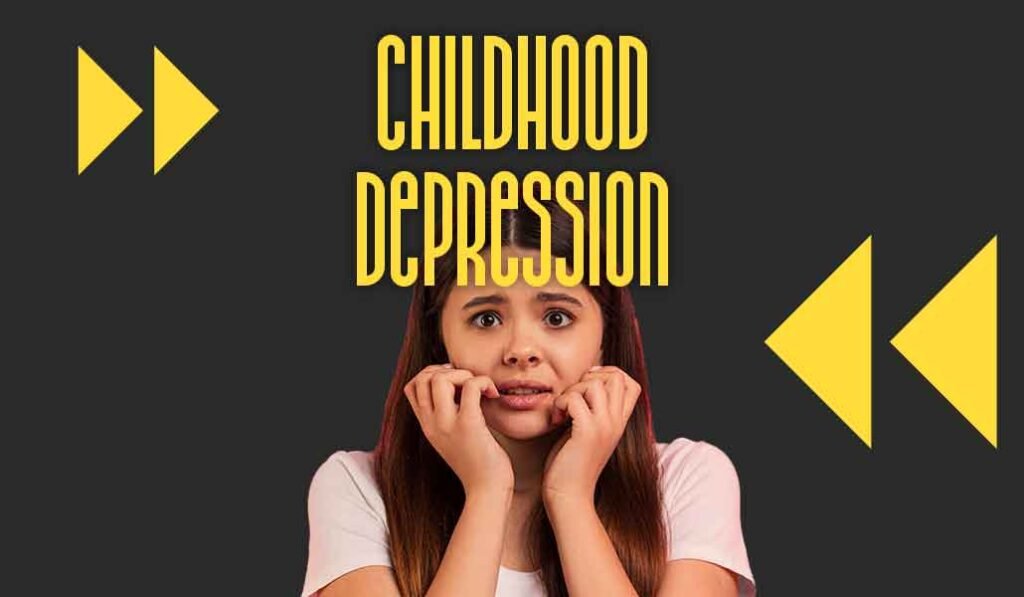
Childhood depression in India is a significant concern that has been further exacerbated by the COVID-19 pandemic. The mental health of children and young people has been severely impacted, with isolation, anxiety, and disruptions to daily life contributing to an increase in depressive symptoms. Understanding and addressing childhood depression is crucial for the well-being of India’s younger generation.
Understanding Childhood Depression in India
Childhood depression in India is not just a phase but a serious mental health condition that affects many children across the country. A study by Mind Voyage, a leading online therapy platform in India, has noted a significant increase in therapy sessions for depression, especially following the onset of the pandemic. According to the National Mental Health Survey (2015-16), approximately 5.3% of the Indian population has suffered from depressive disorders at some point in their lives, with children being notably affected.
The UNICEF report on the impact of COVID-19 on children’s mental health highlights that the pandemic has had a profound effect on young people’s well-being. Children in India have faced isolation, disrupted routines, and uncertainties, leading to increased risks of neglect and abuse. The pandemic has underlined the urgency of addressing mental health issues among children, with UNICEF calling for urgent investment in child and adolescent mental health across various sectors.
Read More : 10 tips to maintain Mental Health in a Fast-Paced Life
Recognizing the Signs
Identifying depression in children can be challenging. Key indicators include changes in mood, such as persistent sadness or irritability, loss of interest in activities, alterations in sleep or appetite, and difficulty concentrating. Recognizing these signs early is crucial for providing timely support.
Strategies for Support
Supporting a child with depression involves a multifaceted approach:
- Open Communication: Encourage children to express their feelings and ensure they know they’re not alone.
- Professional Help: Consulting a child psychologist or psychiatrist can provide a diagnosis and tailored treatment plan.
- Healthy Lifestyle: Promote a balanced diet, regular physical activity, and adequate sleep.
- Educational Support: Ensure that schools provide a supportive environment that fosters mental well-being.
Read More : Self-Reflection: A Key to Mental Well-being
Prevention and Intervention
Preventive measures and early intervention can significantly improve outcomes for children with depression. Awareness and education about mental health, reducing stigma, and providing supportive environments at home and school are essential steps.
For more detailed insights on managing childhood depression in India and supporting children’s mental health, visit Mind Voyage and UNICEF India for comprehensive reports and resources.
Addressing childhood depression is crucial for the well-being and future of India’s children. By understanding the condition, recognizing its signs, and implementing effective support strategies, parents, caregivers, and educators can make a significant difference in the lives of affected children.


